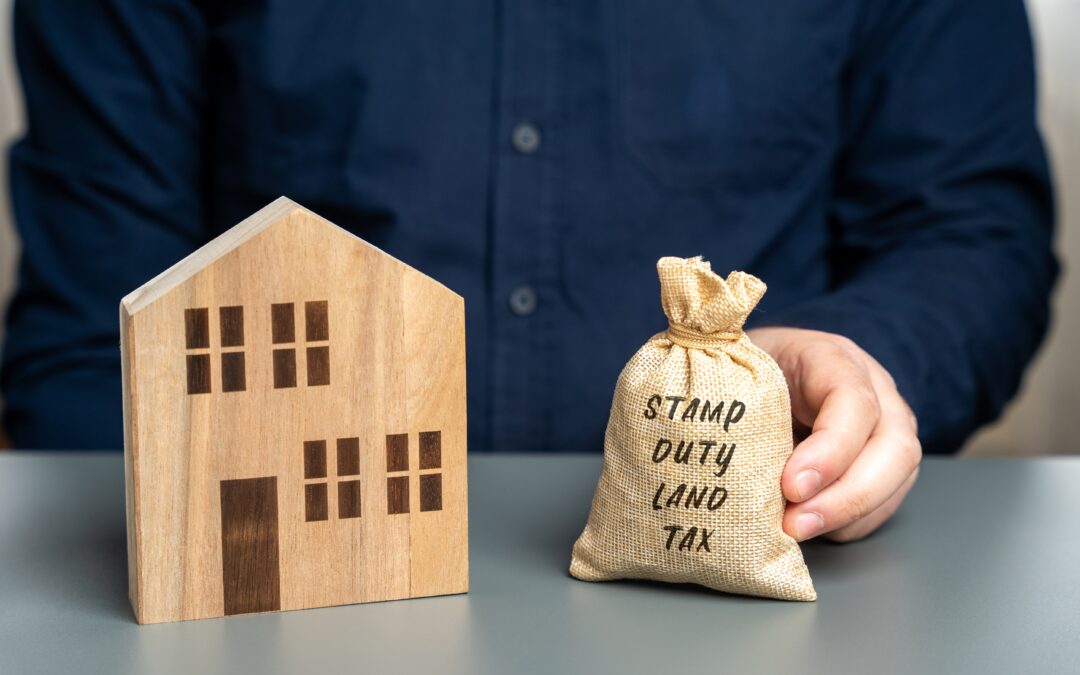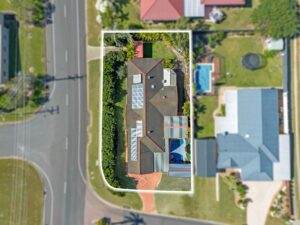Stamp duty is often one the largest upfront costs involved when purchasing property and will vary in each state or territory and with the value of the property.
NOTE:
It is important to check with your state’s regulators office (visit ato.gov.au) to gain the most up-to-date regulations for where you live.
In the process of deciding how much you can afford to spend on a property purchase, you also need to understand how stamp duty applies to your property purchase.
Stamp duty (also known as “land transfer duty”) is a government tax on certain transactions.
You will normally need to pay it when you buy real estate.
Do You Need to Pay Stamp Duty?
Many different concessions and exemptions may apply according to your circumstances. Such as:
- If you are a first home buyer and are eligible for your specific state-based “First Home Owners Grant”
- You are on a pension or
- You run a farm
The conveyancer or solicitor you use for the conveyancing will calculate exactly what is payable and can arrange to pay stamp duty on your behalf.
It is important to check with your state’s regulators office (visit ato.gov.au) to gain the most up-to-date regulations for where you live.

How Much Stamp Duty do I need to Pay? This will vary depending on several factors. Including:
- The State or Territory
- What is the purchase price?
- Is the property a primary residence or an investment property?
- Are you a first home buyer?
- Are purchasing an established home, new home or vacant land?
- Are you purchasing a farm?
- Are you classified as a foreign purchaser?
When do You have to Pay Stamp Duty?
Normally you need to pay the stamp duty within 30 days of settlement. Your conveyancer can organise to pay your stamp duty on your behalf.
Sometimes it may be possible to defer your stamp duty payment or to apply for a concession or reduction.
Note: Stamp duty is an upfront cost, it can’t be covered by your home loan.
Disclaimer: Although all care is taken. We do not give any warranty whatsoever to the accuracy of any content.This is not meant to be financial or professional advice and is only general. You must seek professional advice before taking any actions. The above information comes with no warranties whatsoever. We take no responsibility for any actions you may or may not take. All content is of general only and is NOT to be taken as advice whatsoever








